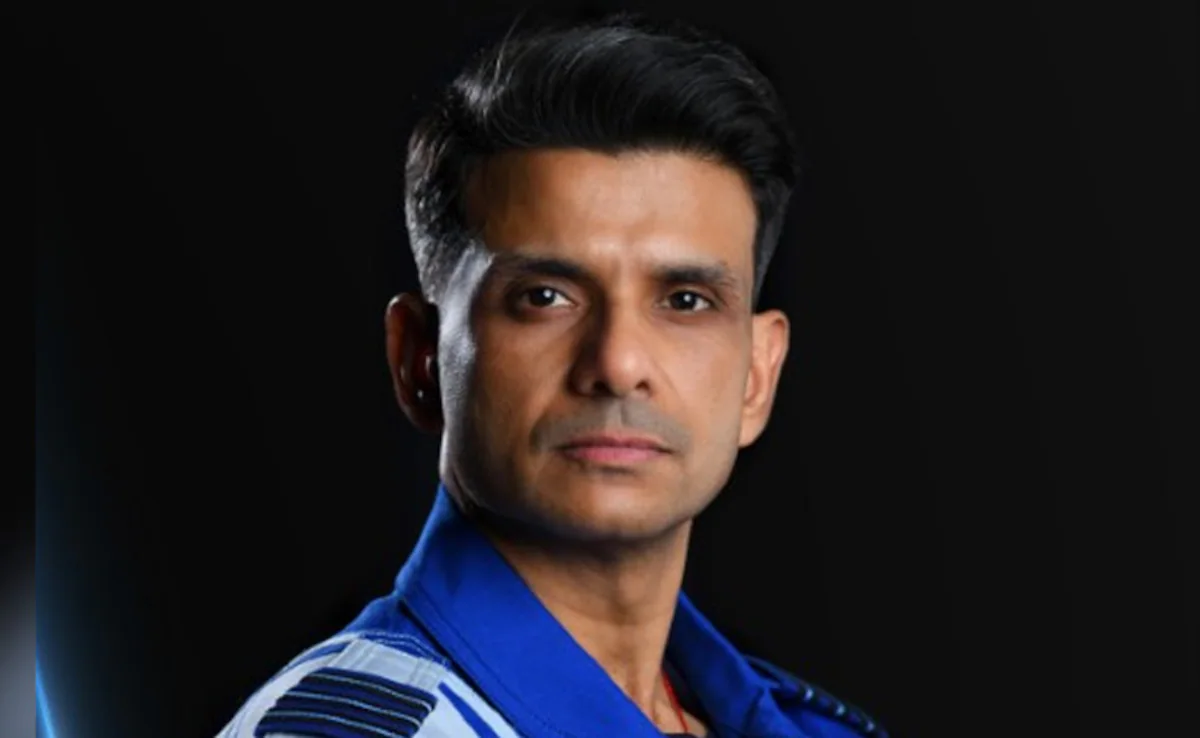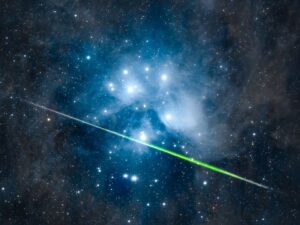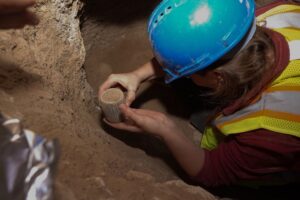On May 29, 2025, Wing Commander Shubhanshu Shukla of the Indian Air Force is set to make history as the first Indian to visit the International Space Station (ISS). Shukla will serve as the pilot aboard the Axiom-4 (Ax-4) mission, marking India’s return to human spaceflight after more than four decades, following Rakesh Sharma’s pioneering journey aboard a Soviet Soyuz spacecraft in 1984.
The Ax-4 mission, organized by US-based Axiom Space, is scheduled to launch from NASA’s Kennedy Space Center in Florida at 10:33 pm IST. It will carry four astronauts on board SpaceX’s Dragon spacecraft, including mission commander Peggy Whitson, a veteran NASA astronaut, as well as Slawosz Uznanski-Wisniewski from Poland and Tibor Kapu from Hungary.
The mission holds particular significance, not just for India but also for Poland and Hungary, as each country will be sending a government-sponsored astronaut into space for the first time in more than 40 years.
“This historic mission underscores how Axiom Space is redefining the pathway to low-Earth orbit and elevating national space programs globally,” Axiom Space said in a statement. “It will realize the return to human spaceflight for India, Poland, and Hungary.”
What Will Shukla Be Doing in Space?
Shukla will be responsible for conducting seven India-led experiments—out of approximately 60 scientific studies on board. These experiments span agriculture, biology, biotechnology, and human factors research, aimed at deepening scientific understanding and paving the way for sustainable human presence in space.
1. Growing Indian Crops in Space
The Indian Space Research Organisation (ISRO) has sent seeds of methi (fenugreek) and moong (green gram) to the ISS to study their growth in microgravity. The objective is to understand gene expression and seed behavior in space and to test their viability as future space food.
2. Microalgae Under Microgravity
In collaboration with the International Centre for Genetic Engineering & Biotechnology (ICGEB) and the National Institute of Plant Genome Research, this experiment will study how microgravity and radiation affect the metabolism and genetic activity of edible microalgae strains.
3. Seed Sprouting for Future Space Food
“We have a sprouting experiment which tries to sprout green gram or moong and methi or fenugreek seeds, which are believed to have medicinal properties,” said Tushar Phadnis, Group Head for Microgravity Platforms and Research. He added, “The idea is not just to stop with sprouting it there… They will undergo a lot of analysis in the labs of the respective PIs (principal investigators).”
4. Tardigrades in Space
The Indian Institute of Science (IISc) will examine the survival of eutardigrade paramacrobiotus—commonly called “water bears”—in space. Known for enduring extreme environments, these tiny organisms will be studied for egg-laying, hatching, and gene expression in space, compared to Earth-based controls.
5. Human-Computer Interaction
The ‘Voyager Displays’ project will assess how microgravity impacts screen interaction, including eye movement, focus, and stress. Findings will help design better user interfaces for future space missions.
6. Muscle Regeneration Study
The Institute of Stem Cell Science and Regenerative Medicine aims to understand muscle loss in space and explore how specific supplements might improve regeneration, potentially aiding both astronauts and patients with muscle disorders on Earth.
7. Cyanobacteria for Life Support
This experiment, led by IIST and Kerala Agricultural University, will observe how two types of cyanobacteria grow in microgravity. These photosynthetic organisms may one day contribute to self-sustaining life-support systems in space.
Shukla was officially designated the ‘Prime’ astronaut for this Indo-US initiative in August 2024, while Group Captain Prasanth Balakrishnan Nair was named as his backup.
The Ax-4 team will spend up to 14 days aboard the ISS, in a mission that not only honors India’s legacy in space exploration but also signals a bold leap into the future.






